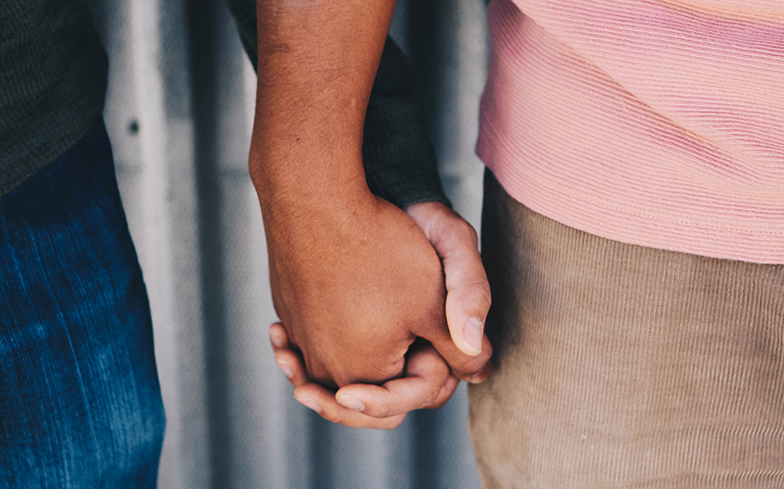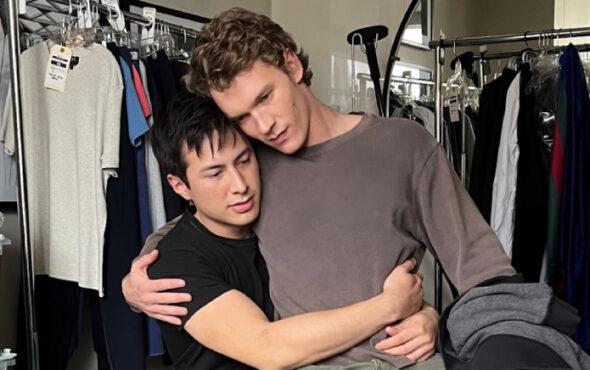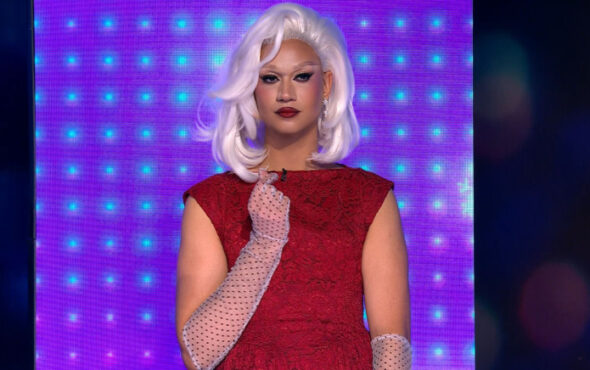
I felt horror. Absolute horror. It swept over me in wave after wave. I could not think of anything else. All that transfixed me was the total horror of the past 48 hours. I longed to tell someone else about my HIV status.
The availability of peer support is vital for people living with HIV, particularly following an HIV diagnosis, but also beyond this, as issues arise relating to relationships, parenthood or employment. Positive East is London’s largest HIV charity. They offer a range of great peer support services, as well as peer mentoring.
Positive East’s Advice Service, based out of the Stepney Green Centre, is tailored to an individual’s needs, identifying their challenges and putting together a specific support plan, covering any issue they present when they are assessed. The Re: Assure Women’s Project is specifically aimed at HIV positive female refugees, asylum seekers and domestic violence survivors.
Finding Your Way is a programme designed to support anyone living with HIV, particularly those recently diagnosed. It is designed to inform and empower HIV positive people, including gay and bi men, to learn and explore many issues about living with the diagnosis, such as treatment adherence, how to disclose to partners, family and friends, as well as dealing with stigma.
When I was diagnosed with HIV in 2010, at the age of 24, my biggest mistake was not reaching out to the charities early on and accessing peer support. I experienced fear, anger, shame, grief and, as the opening paragraph of this article demonstrates, sheer horror following my HIV diagnosis. As I walked out of the STI clinic into the cold certainty of the January daylight, I was blinking back tears. I wanted to hide. I wanted to die.

The evening of my HIV diagnosis I told my best friend Joe. The next day I confided in three other friends. Within a week of my HIV diagnosis I had told another five people. They were reassuring and some of them were quite informed about HIV, but none of them was living with HIV themselves.
It took me two and a half years, until the end of 2012, to gain the self acceptance and confidence to tell my parents and my employer about my HIV. Had I instead contacted an HIV charity, accessed peer support and spoken to other HIV positive people, it would have given me the objectivity I so desperately needed.
Here is an example of Positive East’s work. Jake was referred to Positive East, shortly after his HIV diagnosis, via the outreach Positive East do at East London HIV clinics. He was confused, isolated, worried about who he should tell and what they might think. He felt he did not know enough about HIV and the impact it would have on his health.
Positive East linked Jake up with a Peer Mentor, from a similar background and they were able to work through issues about living well with HIV. Stigma for Jake was a barrier, but with the support of the Peer Mentor he was able to overcome this difficulty. He encouraged Jake to attend Finding Your Way. Jake told Positive East that the peer support he received helped him to discuss his HIV with his new partner calmly and, importantly, without fear.
An issue Jake learned about was the situation around HIV and the Law. My view is that criminalisation has no benefits. It does not reduce sexual risk taking, all the responsibility for prevention is placed on the individuals who know they are positive, it increases stigma and also discourages testing.

Related: Every HIV diagnosis is preventable: PrEP needs to be made routinely available on the NHS
There is no legal requirement for an HIV positive person to disclose their status to their sexual partners in the UK. If HIV is transmitted to a sexual partner, where disclosure has not taken place and no steps to prevent transmission, such as condom use, were taken, the HIV positive person could hypothetically be prosecuted for reckless transmission. It is worth noting that prosecutions for HIV transmission are extremely rare.
The results of the PARTNER 1 study (2014) and the PARTNER 2 study (2018), which examined serodifferent couples, where one partner is HIV positive and the other HIV negative, mean that we can say with certainty that an HIV positive person on effective treatment cannot pass the virus on.
The “Undetectable equals Untransmittable” (U=U) messaging is very powerful. It breaks down stigma, but also gives an HIV positive person who is on effective treatment, which in the UK is 95 per cent of those diagnosed, the additional reassurance that they could not be spuriously accused of transmitting HIV.
I believe the psychological benefits of disclosure are massive. From a personal perspective I find it easier to be completely open about my HIV. I usually raise my HIV status in the first conversation I have with anyone. Everyone’s circumstances are different though and U=U further allows people to make decisions around disclosure based on their personal circumstances.
Both Jake and I are now healthy and happy HIV positive gay men. An HIV diagnosis is always going to be difficult, but reflecting on my own and Jake’s experiences, it is clear that peer support is hugely beneficial.
I would encourage anyone who is newly diagnosed, or who has been living with HIV for a while, to access peer support. It could dramatically change the way you perceive HIV, or maybe help someone else in a similar situation.



